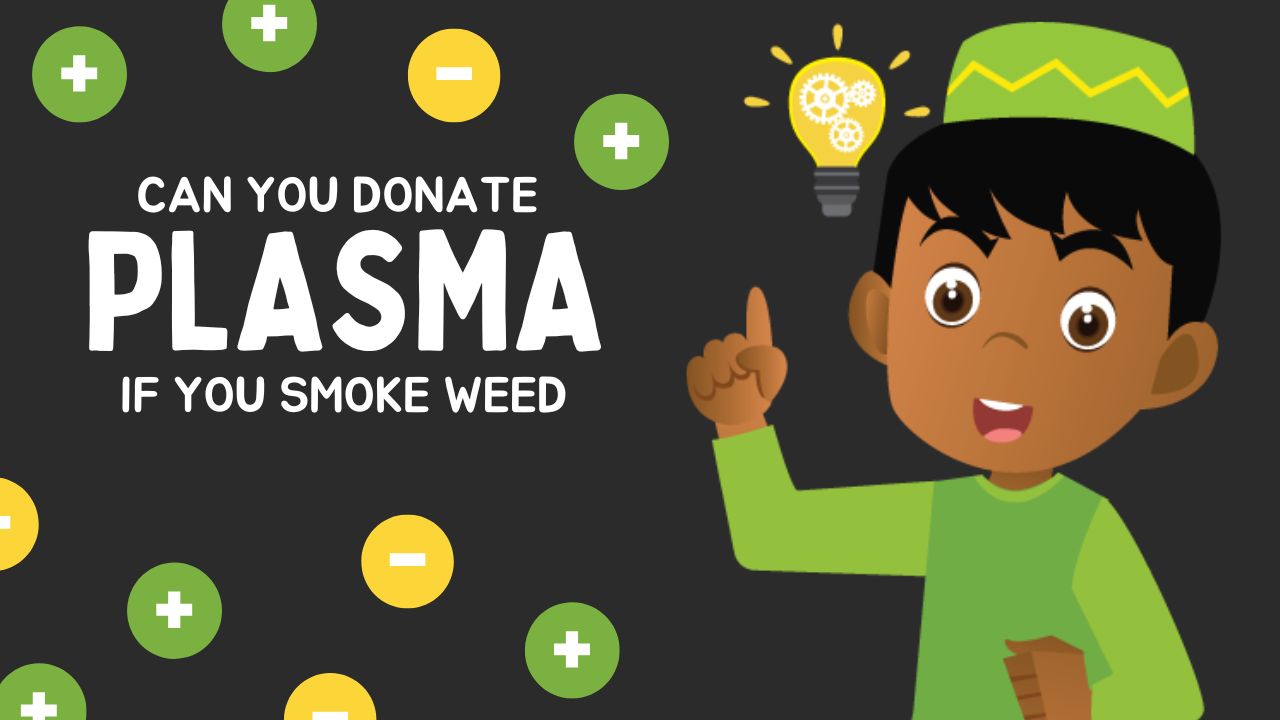New Study Finds Loneliness Boosts Heart Disease Risk

Worldwide, cardiovascular disease (also known as heart disease) is the leading cause of mortality. Even while new research suggests that being lonely may increase the risk of developing heart disease, there are still things that may be done to reduce that risk.
Heart disease is the leading cause of death in the United States, accounting for one out of every three deaths. Although there are a number of factors that can play a role, a recent study conducted at the University of Limerick in Ireland found that being lonely increases the risk of developing heart disease.

Participants in the investigation came from a variety of countries and institutions, such as the Department of Psychology at Humboldt University in Berlin and the College of Medicine at Florida State University in Tallahassee, Florida, USA.
The research looked at five databases, each of which had more than 35 papers. In the end, the researchers came to the conclusion that living alone, being socially isolated, and being lonely all contribute to an increased risk of mortality in patients diagnosed with cardiovascular disease.
American heart disease statistics
In the United States, coronary heart disease is the leading cause of death. The Centers for Disease Control and Prevention (CDC) estimates that there will be around 697,000 deaths caused by cardiovascular disease in the year 2020. Both coronary artery disease and heart attacks are among the most typical manifestations of heart disease.
Risk factors associated with heart disease include:
- Overweight or obese
- Poor eating habits
- Diabetes
- Smoking
- Low to zero levels of physical activity
- High blood pressure
- High blood cholesterol
- Heavy alcohol use
By adopting more wholesome eating practices and leading a generally healthier lifestyle, one can reduce their risk of developing coronary heart disease. It is possible to lower cholesterol levels by cutting back on meals that are high in saturated and Trans fats while increasing the consumption of foods that are high in fiber and contain a limited amount of unhealthy fats.
In addition, the recommended limit of 2,300 milligrams of sodium per day must not be exceeded if high blood pressure is to be avoided. Seventy percent of people in the United States who have their first heart attack have hypertension, which is also known as hypertension.
The heart and blood vessels have to work harder to pump blood when a person is obese, which can lead to heart disease. The Body Mass Index (BMI) calculator is a useful tool for determining whether or not an individual’s current weight is appropriate for their height.
In addition to eating well and maintaining a healthy weight, exercise is another great strategy to lower the risk of developing heart disease. Physical activity should be performed for a minimum of 150 minutes per week for adults and 60 minutes per day for children, as recommended by the Surgeon General of the United States. Walking is often recommended as the simplest way to embrace physical activity because it does not call for the use of any gym equipment.
Managing loneliness
The average age of the world’s population is getting older, but the United States is leading the way. According to projections made by the United States Census Bureau, the number of people aged 65 and older will surpass that of children for the first time in the nation’s history in the year 2034.
Statistics from the National Academies of Sciences, Engineering, and Medicine (NASEM) indicated that more than 33 percent of persons 45 years and older report feeling lonely. Loneliness is a problem that becomes worse with age. Connecting with others is essential for people who experience feelings of loneliness, who are socially isolated, or who live alone.
According to research conducted by the CDC, members of underrepresented groups, such as LGBTQ communities and immigrant populations, are more prone to experience feelings of isolation. It is more probable that first-generation Americans will encounter language challenges or cultural differences, both of which can add to feelings of isolation. Additionally, certain members of the LGBTQ community may feel isolated owing to the prevalence of heterosexual cultural standards.
How to get over feeling alone or isolated:
- Discover new activities that you can enjoy in your spare time.
- Ensure that you’re eating habits are healthy and that you are getting the required amount of exercise.
- You shouldn’t be scared to get in touch with old friends or family members in order to rekindle old ties or to make the ones you have now even stronger.
- Get in touch with national groups for assistance, such as the AARP, the National Council on Aging, Eldercare Locator, Area Agencies on Aging, and the National Institute on Aging.
- Maintain your composure.
- Your Ultimate Guide to Travel Insurance for Adventure Sports
- A Guide to Renters Insurance for Pet Owners: Pet-Proof Your Policy
- Safeguard Your Future: Understanding Identity Theft Insurance
- Safeguard Your Event: Understanding Event Cancellation Insurance
- Everything You Need to Know About Critical Illness Insurance Riders
- Home Equity Loans vs. HELOCs: Which is Right for You?












